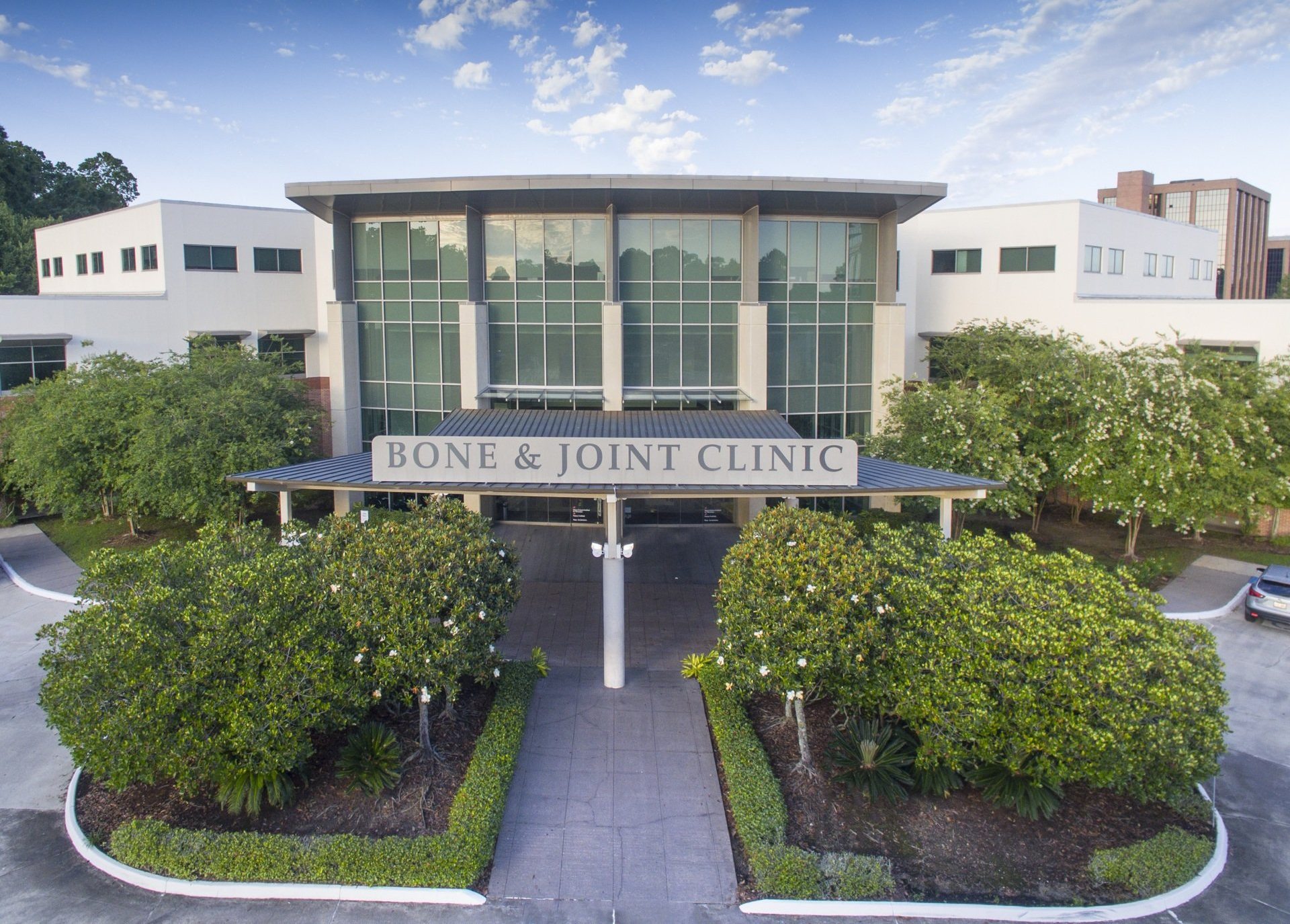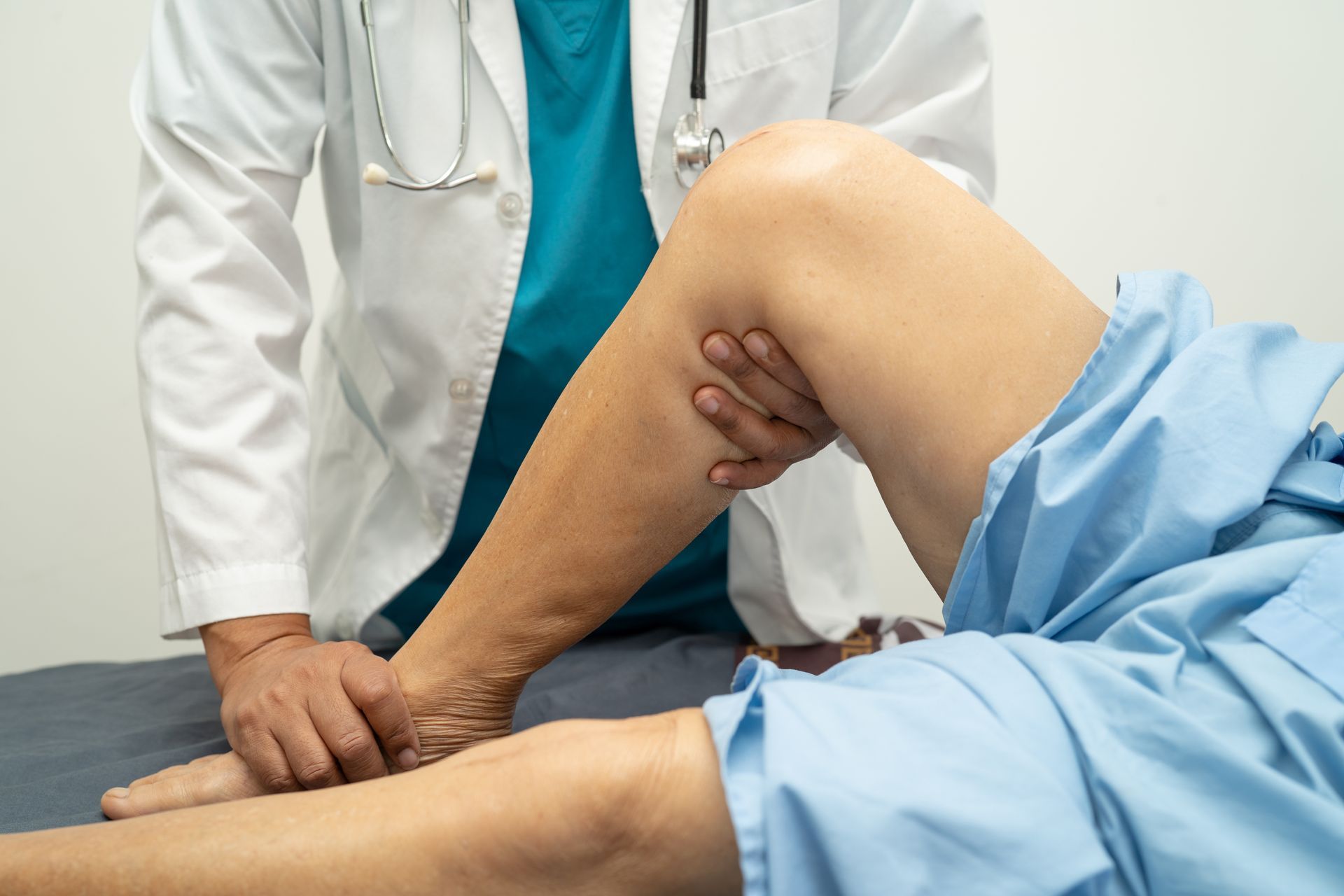Hydration is probably not the first thing that comes to mind when you think about bone health. However, it is a critical component of maintaining strong bones. Bone is made up of about 35% to 45% minerals, primarily calcium and phosphate, around 40% collagen and proteins, and 15% to 25% water, which allow bones to maintain a rigid yet flexible structure. Without the proper amount of water, bones can become brittle and break more easily. Staying adequately hydrated, especially in Louisiana's hot, humid climate, can keep bones strong and resilient.
How Does Water Support Healthy Bones?
Proper hydration plays a role in maintaining optimal bone mineral density by aiding in the transport and absorption of calcium and other essential minerals throughout the body. When the body is well-hydrated, it can more effectively absorb calcium from the digestive system into the bloodstream and deliver it to the bones, keeping them strong. Chronic dehydration can disrupt the body's pH levels, prompting the body to leach calcium from the bones to neutralize the acidity. As the calcium levels in bones decrease, it can lead to lower bone density, weak, brittle bones, and an increased risk of fractures.
Dehydration can also significantly hinder the body's ability to generate new bone through bone remodeling, a process that involves the continuous breakdown of old bone tissue and the subsequent formation of new, healthy bone. Water is required to support the metabolic activity of the cells responsible for creating new bone. Without adequate hydration, the efficiency of these cells is compromised, slowing down the remodeling process and potentially leading to weaker bones.
Water is essential for the production of synovial fluid, a lubricant that cushions the joints and reduces joint pain. Adequate hydration ensures that synovial fluid retains its shock-absorbing properties, effectively reducing friction between bones, preserving cartilage, and preventing bone wear and tear. This function becomes especially important during physical activities that place significant stress on the bones and joints, enhancing their protection against potential damage.
Tips to Maintain Strong Bones Through Hydration
Staying hydrated helps support the strength and integrity of our bones. To ensure proper hydration, it is recommended that you drink an adequate amount of water throughout the day. The exact amount may vary depending on factors such as age, weight, and activity level, but a general guideline is to aim for at least eight glasses of water per day. Here are some tips to help you stay hydrated.
- Drink water regularly throughout your day, even if you are not thirsty. Keep a water bottle with you for easy access, no matter where you are.
- Increase your hydration by eating foods with high water content, like watermelon, cucumbers, and lettuce.
- Limit your intake of caffeinated or alcoholic beverages as they can have a diuretic effect, increasing urine production and potentially leading to dehydration.
- Use technology, such as a hydration tracking app or phone reminders, to track your fluid intake and increase your consumption.
Incorporating hydration into your daily routine not only strengthens bones but also boosts overall health by supporting vital bodily functions. Ensuring adequate water intake is a simple yet powerful way to promote skeletal health and reduce the risk of bone-related issues as we age. If you're concerned about your bone health, schedule an appointment with one of our orthopedic specialists. They can provide guidance on optimizing bone health and offer personalized advice tailored to your needs.




